The MV Phoenix – the rescue ship belonging to the Migrant Offshore Aid Station – has set off for a six-month long migrant rescue mission in the Mediterranean. The 40-metre vessel, which is armed with two helicopter drones, high-speed rescue boats and a professional medical crew from Médecins Sans Frontières, will this year be patrolling closer to Libyan waters.
The NGO last year saved some 3,000 migrants who were trying to make the difficult crossing from North Africa to Europe. This year, the numbers could increase.
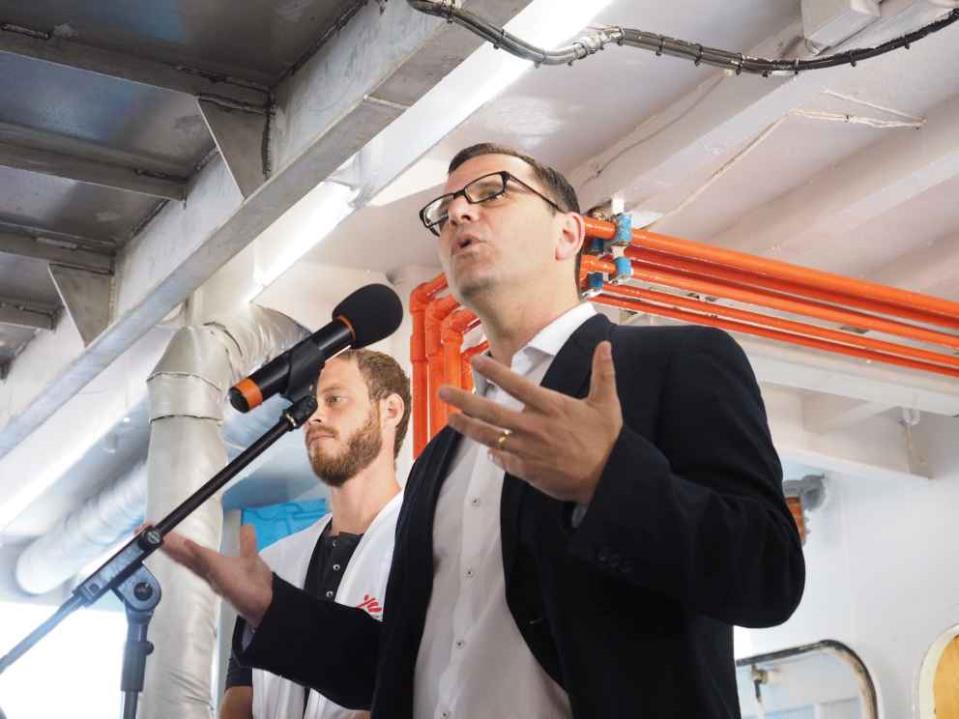
MOAS Director Brigadier (retired) Martin Xuereb told this paper that the mission is better prepared this year, thanks to the experience from last year’s rescues and its partnership with MSF. “Apart from focusing on rescuing people we are also giving priority to their immediate needs following the rescue.”
Brigadier Xuereb acknowledged, however, that this year’s mission might be harder. “This year’s numbers (of migrant boats) speak for themselves. The pattern is also different. This year it is not a seasonal thing. Despite there not being a Mare Nostrum mission, with its so-called pull-factor, thousands of migrants have chosen to make the crossing during the winter months, knowing full well of the dangers ahead. This year we should not only talk about the pull factor but also about the push factor – the reasons why these people are being forced to leave their countries.”
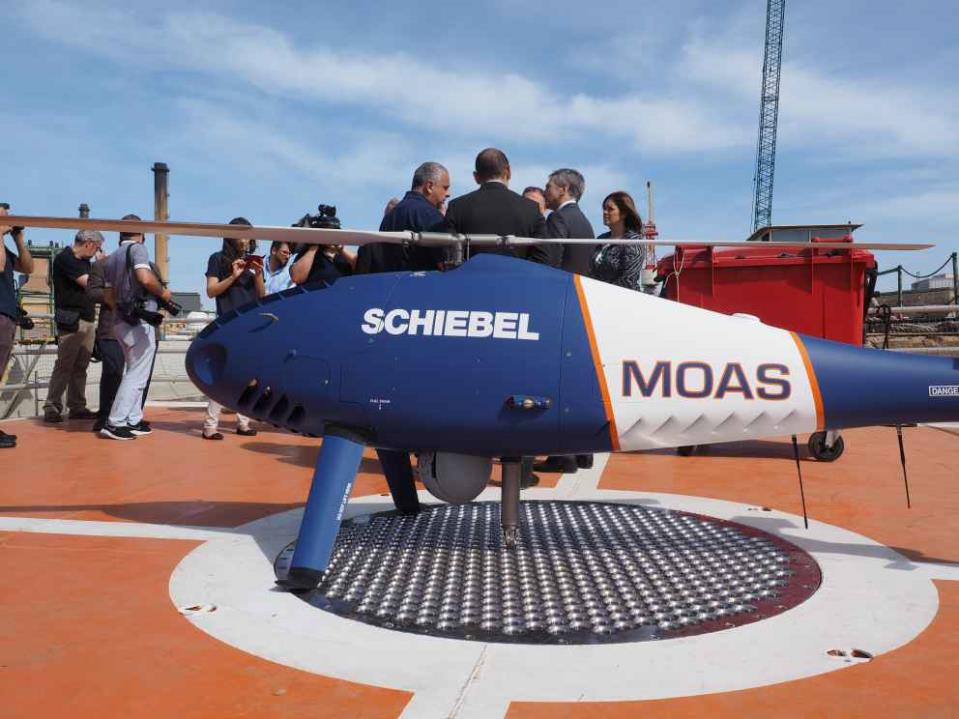
The MOAS Director said fellow human beings cannot be left to drown and die at sea. “Our main message is that civil society has to be a part of this. A solution has to be found both at the source and destination. We are in the middle and others should join us.”
Speaking earlier during a press event, Brigadier Xuereb said MOAS was almost a “non-entity” but things have since changed. “We come now to tell the world a story. We are about action. Our message is that civil society has a role to save lives at sea. We hope that we have impressed others to do the same thing.”

He thanked MOAS founders Chris and Regina Catrambone; without their passion and perseverance the mission would not have materialized, he said. Brigadier Xuereb said he recently visited the United States, where he passed on the message that this is not only a European problem but a global one which needs a global approach.
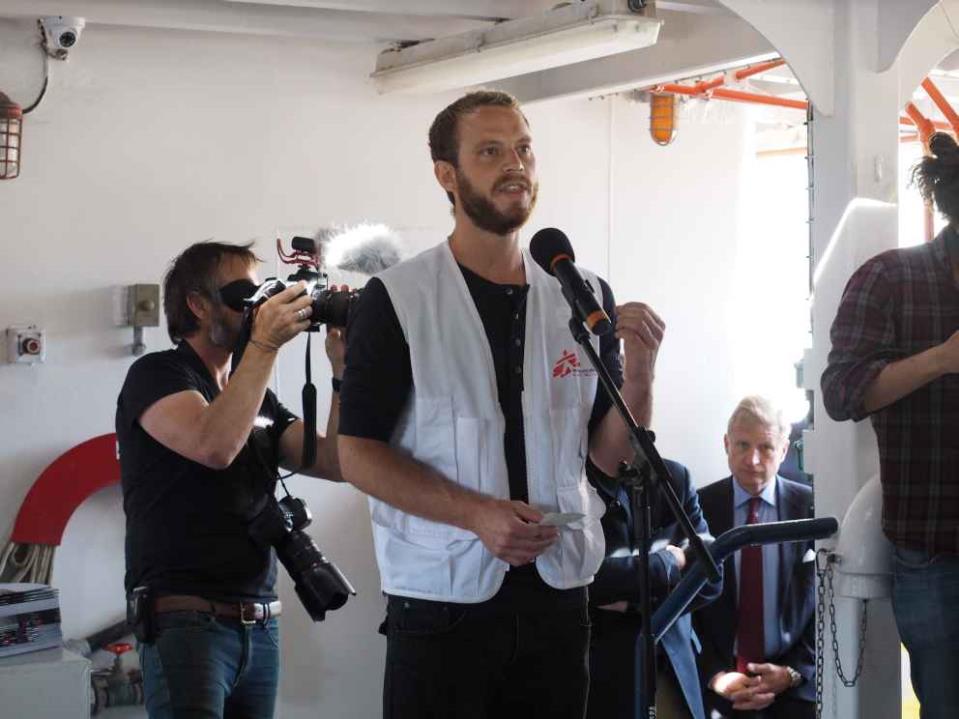
Will Turner, the Emergency Coordinator for Médecins Sans Frontières said the organisation’s business was to treat victims of violence, hunger and disease all around the world. “700 people died last week – the number is equivalent to a warzone. We expected real action to be taken yet the rhetoric focuses more on smugglers and borders. The real focus should be on saving lives.”
Mr Turner said migrants are people who are fleeing their countries out of despair. “It is our business to save lives and alleviate their suffering. This is where we turn words into action.”

Opposition Leader Simon Busuttil, Archbishop Charles Scicluna and Italian AMbassador Giovanni Umberto De Vito also attended the event. Prime Minister Joseph Muscat met the rescuers on Friday. Addressing journalists, Dr Busuttil said MOAS is giving people, and politicians, a lesson. “If they can do it so can others. This is the kind of concrete action that politicians should turn to.
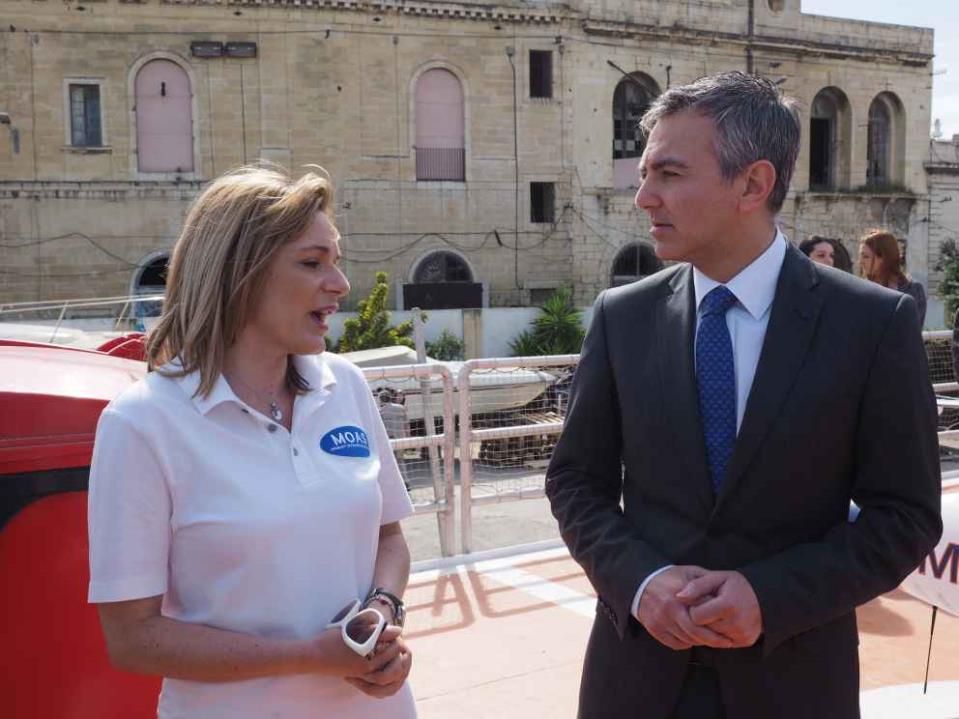
The EU, the world, should look at what these volunteers are doing and follow their example. Saving human lives should be the utmost priority – all other considerations are secondary. It had to be MOAS to give us this lesson.”
MOAS will this year be running back-to-back missions for six months. Last year it rescued 3,000 people in just sixty days.
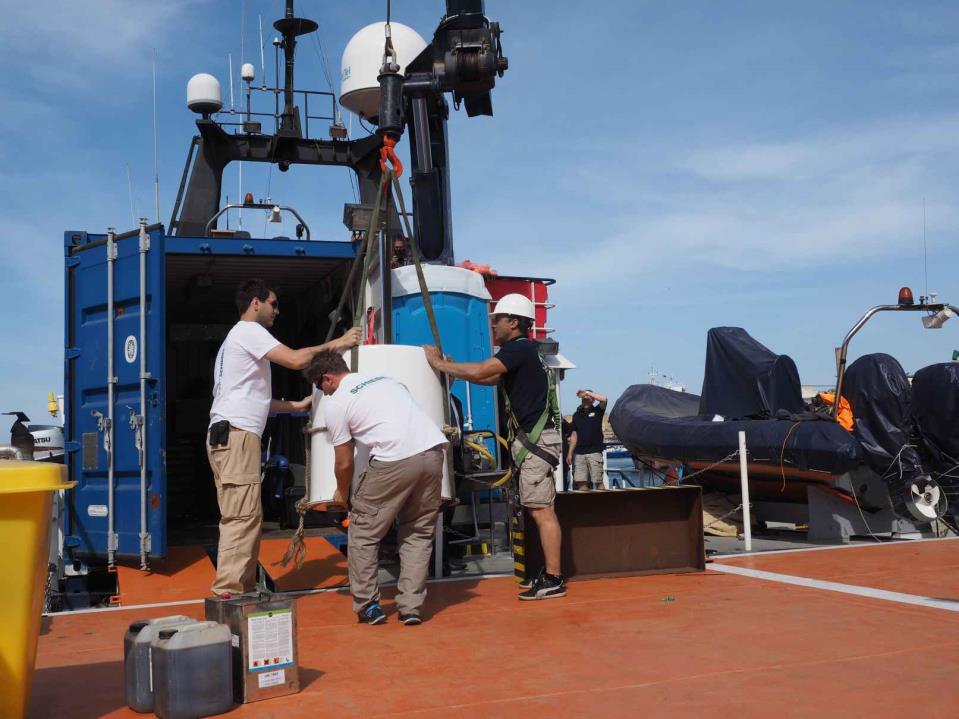
The Phoenix will patrol an area closer to the Libyan border than the areas patrolled by EU border control vessels. More than 1,800 people have died trying to cross the Mediterranean this year, a sharp increase from last year when 3,400 had died over the entire 12 months. This month saw the Mediterranean’s worst migrant drowning to date, when at least 750 people died during a rescue attempt.
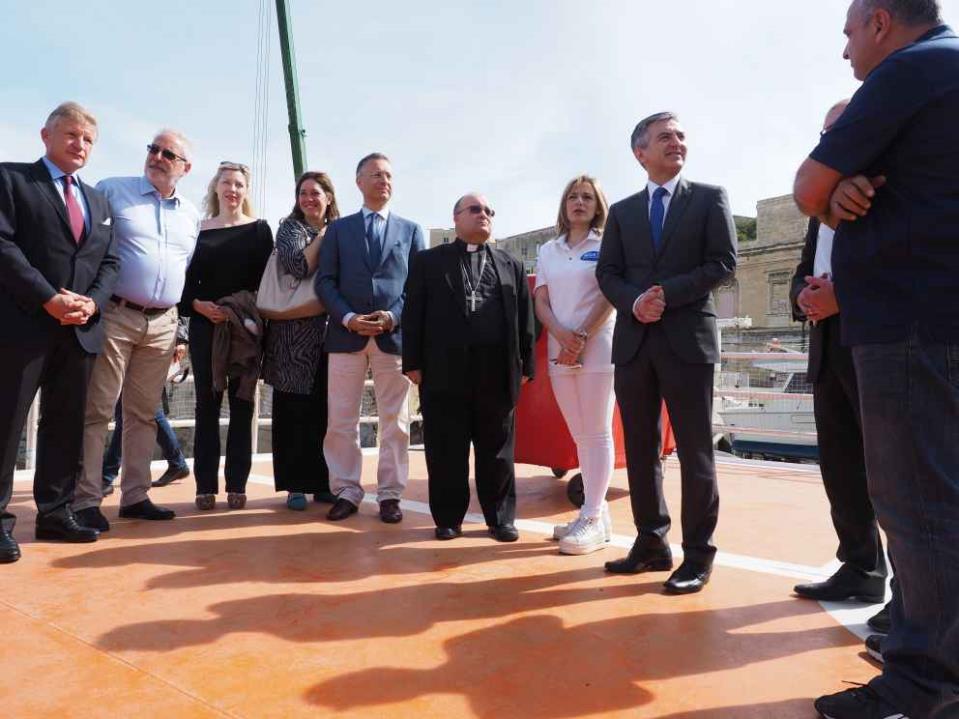
The MSF emergency medical team on board the Phoenix, comprising two doctors and a nurse, will have the necessary skills, equipment, and medications to treat a wide range of conditions from sunburn and dehydration to resuscitation and advanced life support. Staff will also offer primary health consultations, treatment for chronic illnesses like diabetes and heart disease, and obstetric services, including safe delivery as required.
Pictures: Mike Camilleri